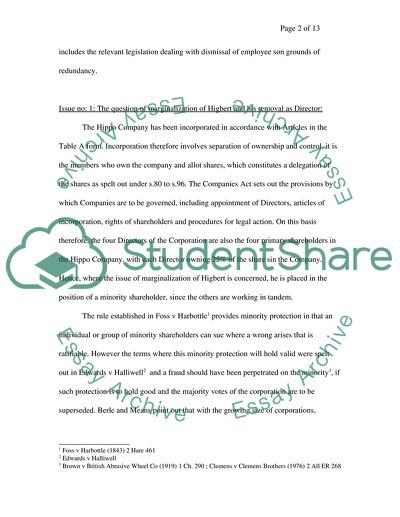Cite this document
(“Business law Essay Example | Topics and Well Written Essays - 2750 words - 3”, n.d.)
Business law Essay Example | Topics and Well Written Essays - 2750 words - 3. Retrieved from https://studentshare.org/miscellaneous/1538742-business-law
Business law Essay Example | Topics and Well Written Essays - 2750 words - 3. Retrieved from https://studentshare.org/miscellaneous/1538742-business-law
(Business Law Essay Example | Topics and Well Written Essays - 2750 Words - 3)
Business Law Essay Example | Topics and Well Written Essays - 2750 Words - 3. https://studentshare.org/miscellaneous/1538742-business-law.
Business Law Essay Example | Topics and Well Written Essays - 2750 Words - 3. https://studentshare.org/miscellaneous/1538742-business-law.
“Business Law Essay Example | Topics and Well Written Essays - 2750 Words - 3”, n.d. https://studentshare.org/miscellaneous/1538742-business-law.


